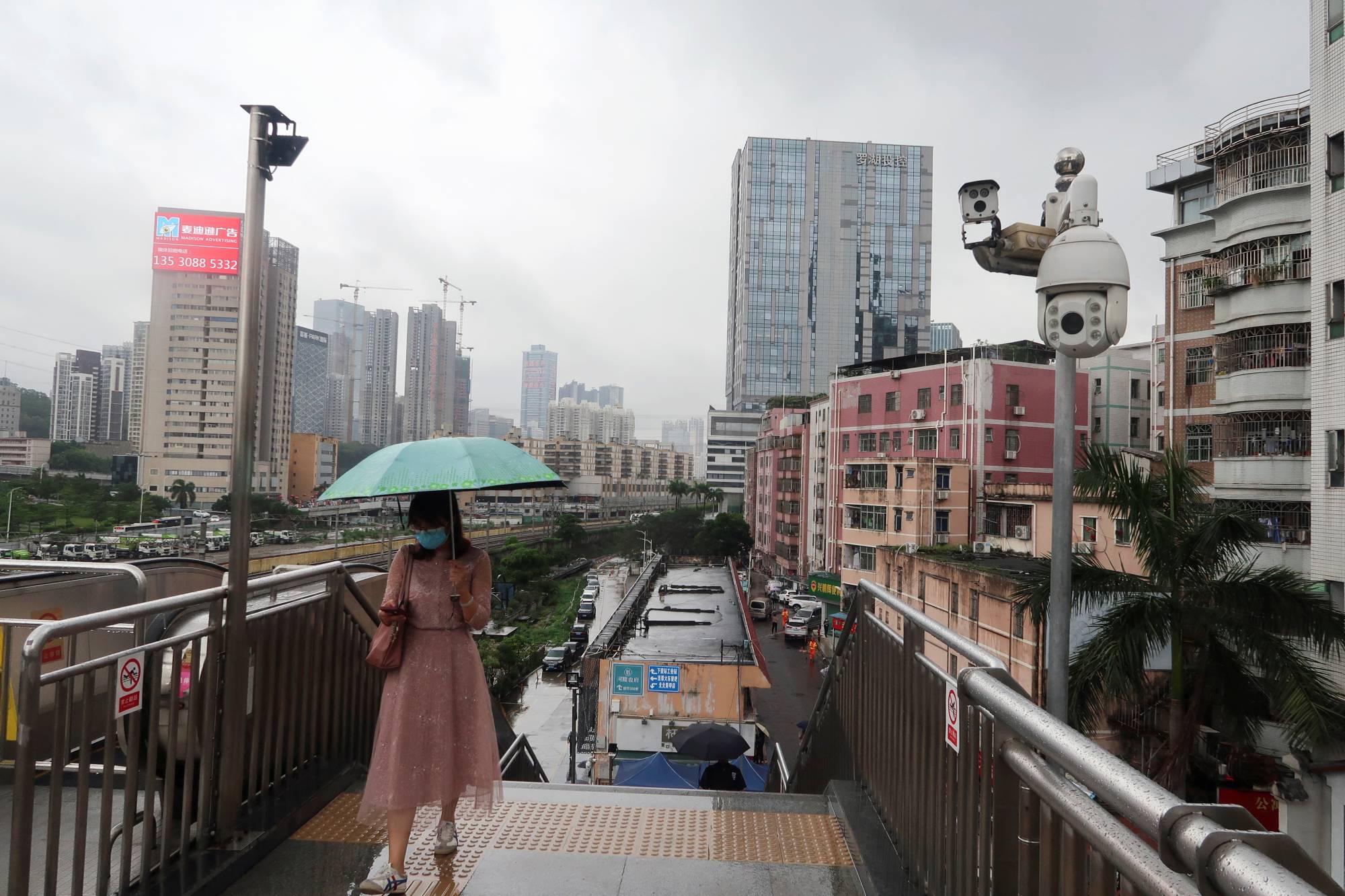Chinese artists have staged performances to highlight the ubiquity of surveillance cameras. Privacy activists have filed lawsuits against the collection of facial recognition data. Ordinary citizens and establishment intellectuals alike have pushed back against the abuse of COVID-19 tracking apps by authorities to curb protests. Internet users have shared tips on how to evade digital monitoring.
As China builds up its vast surveillance and security apparatus, it is running up against growing public unease about the lack of safeguards to prevent the theft or misuse of personal data. The ruling Communist Party is keenly aware of the cost to its credibility of any major security lapses: Last week, it moved systematically to squelch news about what was probably the largest known breach of a Chinese government computer system, involving the personal information of as many as 1 billion citizens.
The breach dealt a blow to Beijing, exposing the risks of its expansive efforts to vacuum up enormous amounts of digital and biological information on the daily activities and social connections of its people from social media posts, biometric data, phone records and surveillance videos. The government says these efforts are necessary for public safety: to limit the spread of COVID-19, for instance, or to catch criminals. But its failure to protect the data exposes citizens to problems like fraud and extortion and threatens to erode people’s willingness to comply with surveillance.



















With your current subscription plan you can comment on stories. However, before writing your first comment, please create a display name in the Profile section of your subscriber account page.